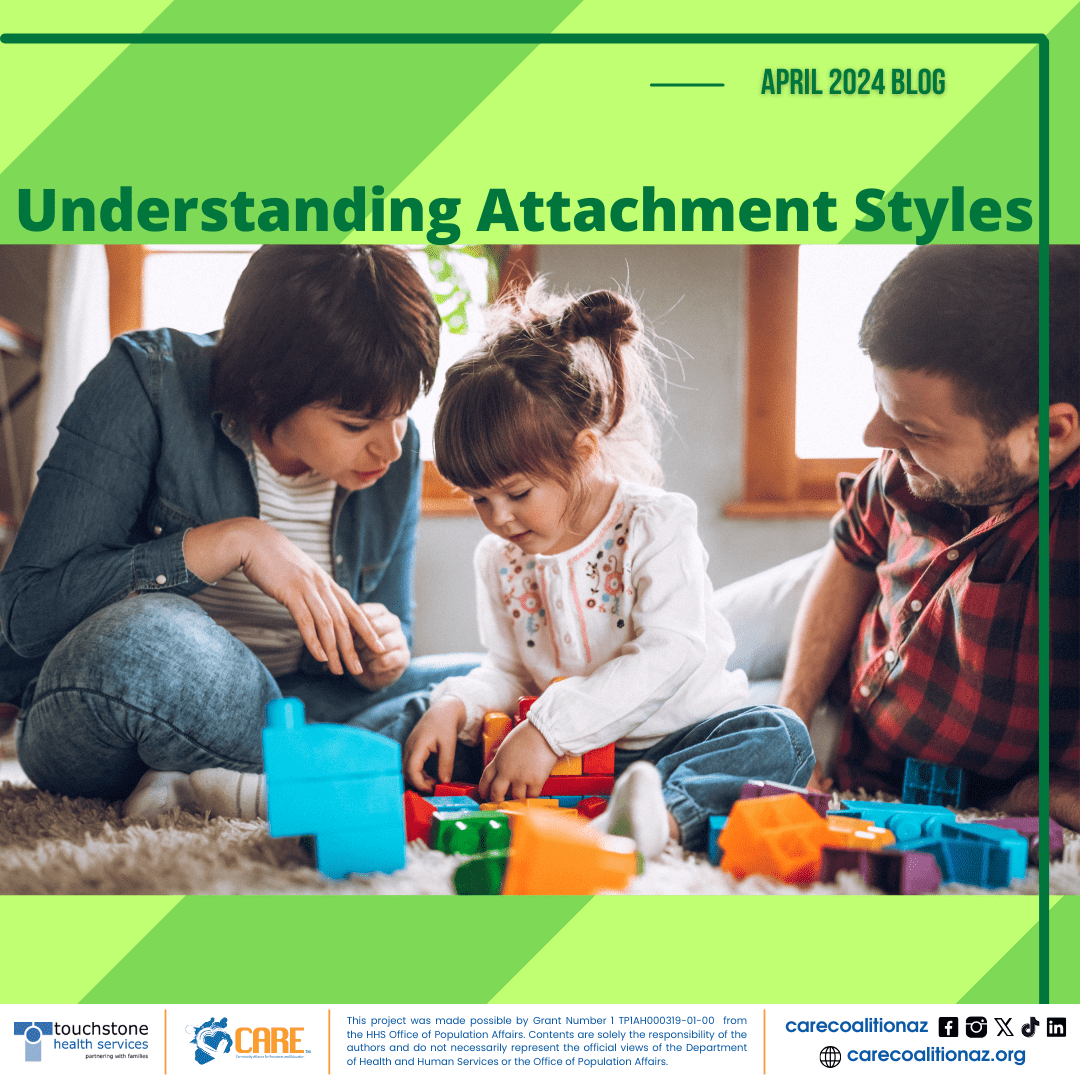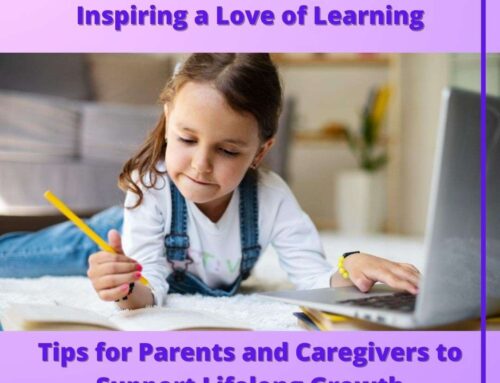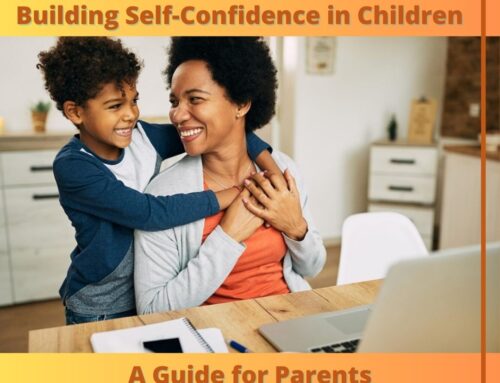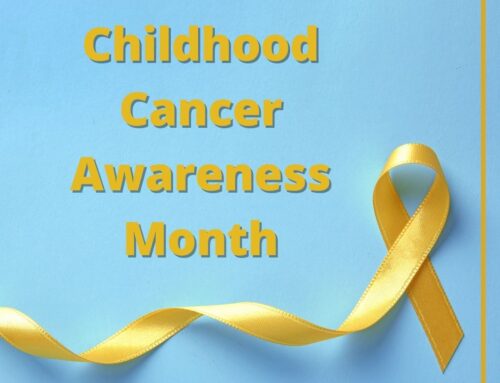Understanding Attachment Styles
Greeting readers!
Did you know that the relationship between a parent/caregiver and a youth dramatically affects how they develop their future relationships? Attachment styles play a significant role in shaping our approach to relationships. Attachment styles came from the attachment theory, created by Psychologist John Bowlby and later Mary Ainsworth. Bowlby first believed infants were biologically wired to form emotional bonds with their caregivers as a “survival strategy” (Mcleod, 2024). Ainsworth then expanded on his idea with her “Strange Situation” study, in which youth behaviors were observed with their caregivers. Overall, they found that the quality of bonding youth experience with their parent/caregiver during adolescence can impact how they connect with others, even throughout their life (Mcleod, 2024). By using the attachment theory as well as this study, four attachment styles were identified: anxious/preoccupied, avoidant/dismissive, disorganized/fearful avoidant and secure.
Attachment Styles
Here are the key characteristics of each attachment style:
Why is this important?
How a parent/caregiver acts with their youth forms the foundation for how the youth perceives and acts with others. When a youth is raised in a safe and caring environment where caregivers are responsive to their youth’s needs, they will be more likely to develop secure attachments in the future. However, when a youth believes that their emotional needs are not being met or feels a lack of support from their parent/caregiver, then a youth is more likely to develop an insecure attachment style. Furthermore, being aware of your attachment style can help people recognize unhealthy patterns of behaviors when handling conflict, address potential challenges in relationships and work towards building healthier bonds. While a youth and parent/caregiver relationship may be an insecure attachment, it’s never too late to change to work toward a positive, secure relationship.
Here’s how YOU can be a Prevention Partner:
References:
- Saul Mcleod, Mary Ainsworth, Strange Situation Experiment & Attachment Theory, 2024: https://www.simplypsychology.org/mary-ainsworth.html
- Saul Mcleod, John Bowlby’s Attachment Theory, 2024: https://www.simplypsychology.org/bowlby.html
- The Attachment Project, 2024: https://www.attachmentproject.com/
Join our upcoming events!
Active Parenting of Teens (APT) is an evidence-based curriculum that caters to the needs of parents and caregivers. APT gives participants insight into adolescent brain development and explores the effectiveness of different parenting styles. Participants also receive practical information to improve the quality of communication within the family, which will prepare parents/caregivers to speak to their [...]
Active Parenting of Teens (APT) is an evidence-based curriculum that caters to the needs of parents and caregivers. APT gives participants insight into adolescent brain development and explores the effectiveness of different parenting styles. Participants also receive practical information to improve the quality of communication within the family, which will prepare parents/caregivers to speak to their [...]






